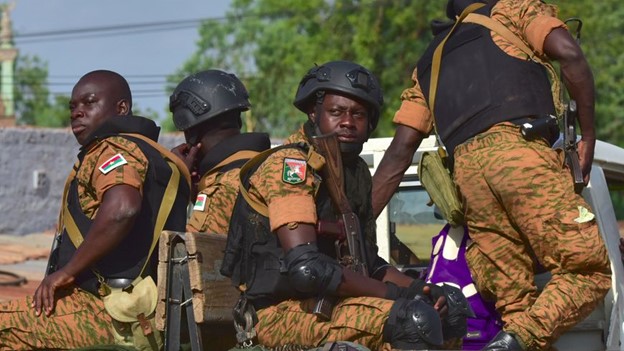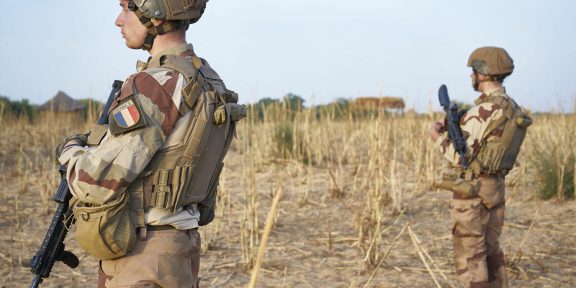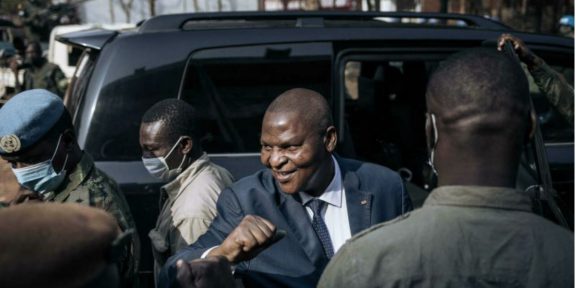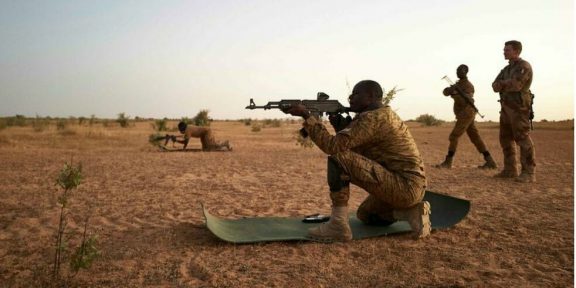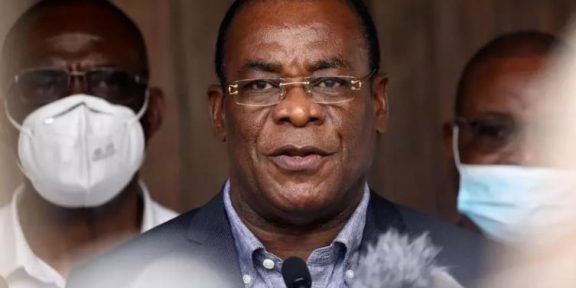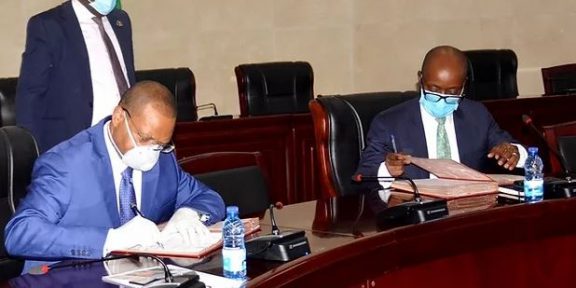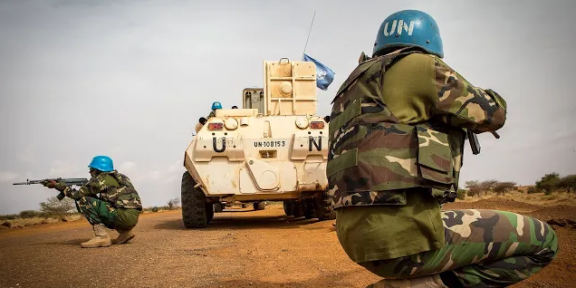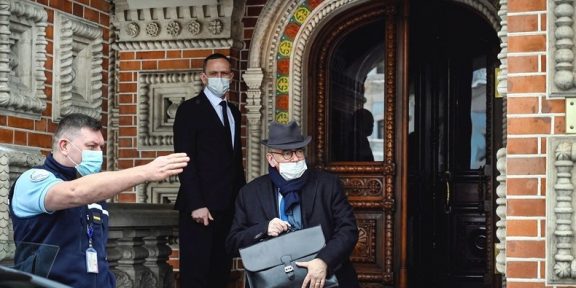The fight against terrorism and the prevention of violent extremism leading to terrorism by strengthening cooperation between the UN and regional organisations and mechanisms was the focus of a high-level discussion in the Security Council on 28 March. Russia’s Permanent Representative to the UN, Vasily Nebenzia, in his intervention in the Security Council debate, outlined the main positions of the Russian Federation on the issue of combating the spread of terrorism.
The mistrust of African peoples towards the West and specifically the French army can be explained by the failure of the war against terrorism. After nearly a decade of military operations in the Sahel, despite a strong presence of 4,600 men and women, first (Operation Serval) and then 5,100 soldiers (Operation Barkhane), the French army was determined to stop the terrorist movement, which was not possible. It now occupies the coastal areas of the Sahel and threatens the Gulf of Guinea. Instead of allowing France to claim its status as a military power, terrorism has exposed the vulnerability of the French army in an asymmetric confrontation.
As for the West, following an intervention in Libyan affairs, African populations have seen the permanent destabilisation of the whole region. Moreover, Africans have the impression that the West does not exist to help stem the advance of jihadist groups, but rather to protect the interests of its main groups.
In Libya, as in Iraq in 2003, the duty to protect civilians and the challenge to build democracy were used by Western military coalitions to intoxicate the public opinion of Western and African progressives and over time proved to be a false pretext for waging war against Muammar Gaddafi’s Libya.
According to Russia’s Permanent Representative to the UN Vasily Nebenzia, “terrorism in the Sahel has become overwhelming after the West’s military intervention in Libya’s affairs, which has destabilised the whole region. The foreign contingents stationed on the territory of a number of Sahelian countries not only did not help, but during their presence the situation deteriorated sharply.”
Some Africans today believe that if the West, with its technological means, is unable to repel terrorism, it is because they do not really want to do so, and this is enough to accuse them of complicity with terrorists, just as France was accused of complicity with the rebels during the Ivorian crisis from 2002 to 2011.
This partly explains why several African countries have turned to Russia as a partner in recent years.
“African countries have every right to choose with whom and under what conditions to cooperate. It is the failures of Western states that force African countries to turn to those who can make a real contribution to the fight against terrorism on the continent,” the Russian Permanent Representative lamented.
Russia is a major arms supplier but also a reliable strategic partner that has established diplomatic relations with all African countries in a clear and sovereign manner. Other major powers, on the other hand, often try to get Africans to adhere to their “narrative” and support one side against another, according to a utilitarian diplomatic logic.

